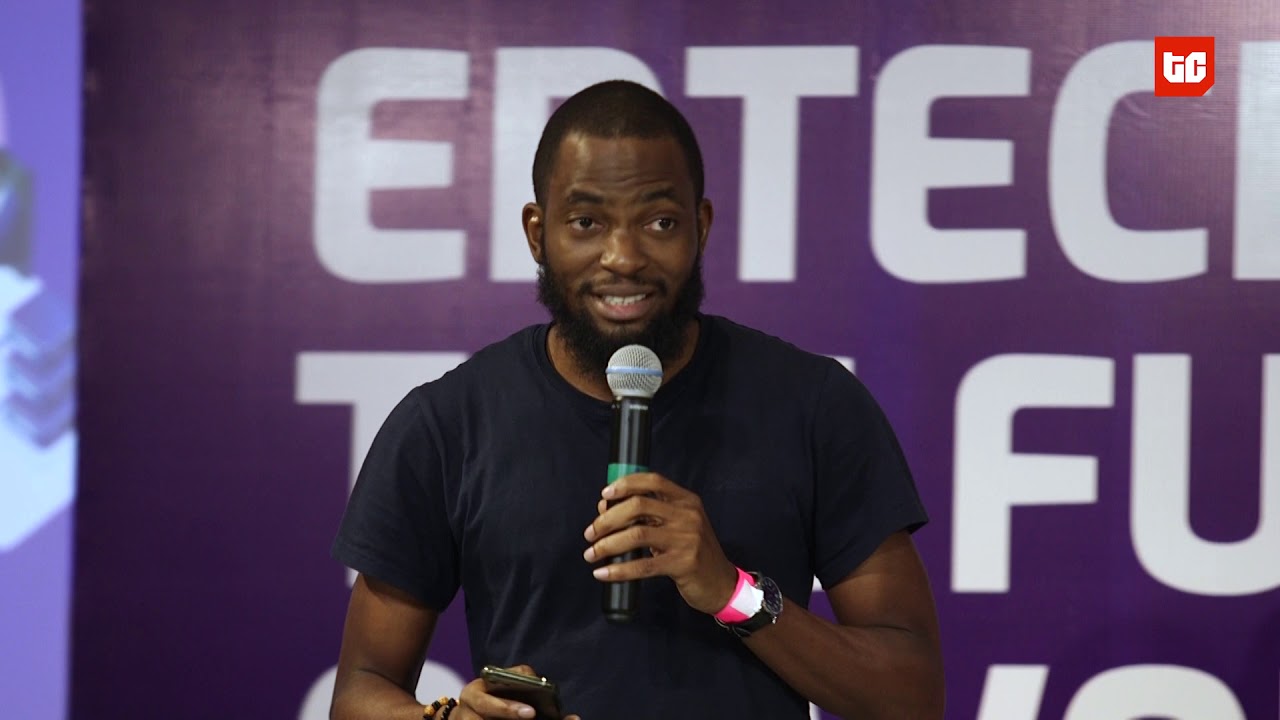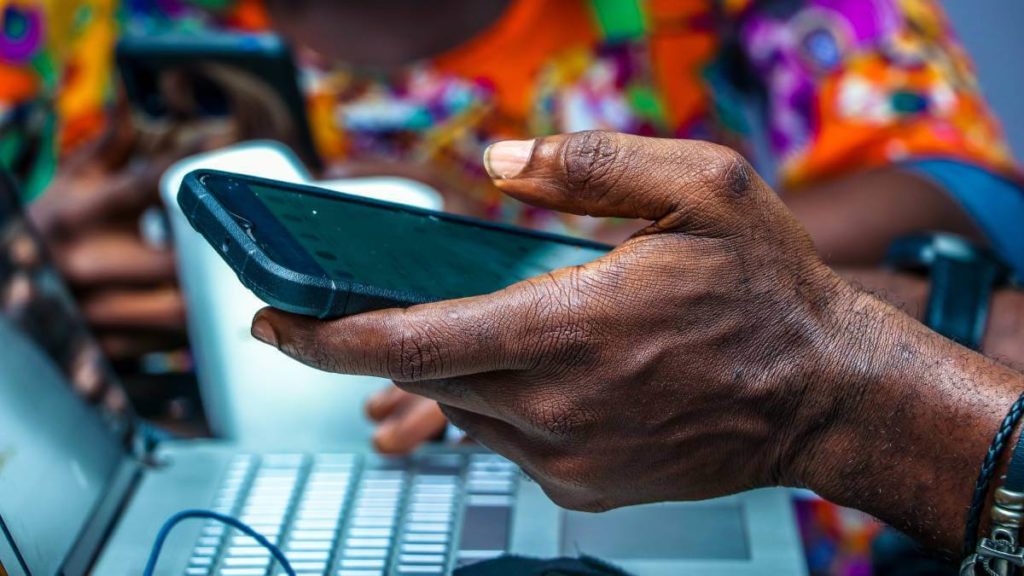Between 2004 and 2010, the developed world was captivated by upstarts like Facebook, YouTube and Instagram. Uber, Spotify and Airbnb were born in the middle of the Great Recession.
The tech arena already featured giants like Microsoft and Google. Amazon was emerging as the global online shopping beast.
In Africa however, Safaricom’s MPesa was the closest thing to a genuine mass market product. One reason for the low activity was that the region was underserved by private equity investors who focused on the more glossy American and European markets.
Africa’s baby steps
Around this time, Eghosa Omoigui would leave his role at Intel Capital to found EchoVC, a fund that will focus on sub-Saharan Africa.
Since 2014, the firm has invested in startups operating in various countries from East to West Africa. EchoVC’s investment thesis hinged around finding founders who have “discovered a secret” and on supporting tech-enabled products that “lift” offline households towards social mobility.
That specific philosophy developed when the African market was rough-edged will be the firm’s guide for navigating the coming pandemic-induced recession.
As in former times, Omoigui’s focus will be on founders who have a high resolution view of their customers’ needs, behaviours and priorities.
Africa’s tech ecosystem is challenged by various limiting factors, from poor infrastructure to low literacy and consumer mistrust.
Going into a tight economic period, a crucial differentiator for companies that end up attracting investor interest will be the ability to deliver a product that doesn’t make too many promises but delivers on the core mission, Omoigui says.
More access to capital
The emerging consensus is that liquidity will be relatively scarce at least up till 2021. Investors will take more time to decide on deals and, in Omoigui’s view, there could be a lot more ghosting.
But early-stage VCs are optimistic about what can be achieved in the months ahead.
Dayo Koleowo, a partner at Microtraction, a Nigeria-based firm with interests in Cowrywise, BuyCoins and BitSika among others, says there will be no significant difference in his firm’s startup investment protocol.
“The stage we play in by default requires thinking long-term as well as investing in founders that can adapt in unusual situations,” he says to TechCabal.
[Read: Microtraction’s strategy for investing in remarkable startups]
In February, the firm engaged seven ‘Ventures Scouts’ – a team of seven unpaid, non-exclusive ecosystem analysts – to help them find attractive deals from around Africa. A month later, they increased their standard deal size from $15,000 to $25,000 and reduced the percentage they take from 7.5 to 7%.
At the Future Africa fund, Iyin Aboyeji is testing a new model of crowdfunded VC investing.
Instead of the private equity standard where a Limited Partner network of investors hand over funds to a VC firm to manage, Aboyeji is piloting a co-investment model.
With a minimum of $10,000 and subject to meeting other criteria, anyone can have access to a pool of investments available to Future Africa as a group. Contrary to the LP model, a co-investor can invest on a deal-by-deal basis.
The new fund will invest up to $50,000 in a startup for less than 11% equity. They plan to close five deals per quarter.
Aboyeji founded Andela and Flutterwave in the years surrounding Nigeria’s 2015 recession. In a way, he’s towing this line to validate a belief that innovative African companies can and will arise from times of crisis.
People who found companies during downturns are not “performance entrepreneurs” just trying to raise money but more people who will remain passionate about what they build, Aboyeji said.
Appealing post-pandemic sectors
VCs typically brand themselves as sector-agnostic investors. For example, EchoVC says it’s formula enables it to invest in a variety of sectors.
Maya Horgan Famodu, Ingressive Capital’s CEO, believes new market opportunities will evolve in line with any changes in how consumers use technology. That will depend on how long the pandemic and its effects last.
Ingressive typically targets 10% ownership in companies and their ticket size average is $200,000. They participated in 54Gene’s recent Series A partly because the health sector is growing significantly in emerging markets with a potential for a 10-digit-plus exit, she told TechCabal.
Health tech has certainly come to the fore over the last four months. Koleowo expects Microtraction will slightly be more inclined towards sectors that can fully benefit from the present crisis and successfully wade through it.
[Access our detailed report on the State of Health Tech in Nigeria]
“So sectors that I feel might be positioned for the future with respect to attracting customers and also capital will be remote training, decentralized collaboration, remote medicine, food production, and distribution to mention a few,” he said.
Preparing for regulatory and health risks
Microtraction made one other crucial move in the pre-pandemic period by entering a strategic partnership with Golborne Road Advisory, a Lagos-based policy firm.
Golborne will provide regulatory compliance advice to Microtraction’s portfolio companies.
Both parties began conversations for the regulatory consultancy in November 2019. It’s a need that could become vital for companies in a post-pandemic world filled with extra regulatory caution and uncertain investors holding on to their hard cash.
Before the coronavirus menace, the hot button issue in Nigerian tech had been around the ban on motorcycles in Lagos. The abruptness of that event which affected bike-hailing companies in drastic ways highlighted the unpredictability of investing in Africa.
[Read: The multifaceted implications of the Lagos motorcycle ban]
No investor wants to get into an environment where political risk raises the barrier to success. With a pandemic in play, health-related risk factors will be front and center in investment talks across dealrooms.
Founders in contact-based industries like hospitality, outdoor events and entertainment appear to have their work cut out. Investors are loath to completely dismiss these sectors at the moment but don’t hold your breath for shape-shifting announcements anytime soon.















